The planned closure of the GM India plant in Talegaon has hit another hurdle after the local government rejected the automaker’s request to shutter the facility.
According to The Economic Times, the industry minister for the Indian state of Maharashtra, Dilip Walse-Patil, turned down an application for GM India to close the Talegaon plant this week. GM pulled out of India in 2017, though the Talegaon facility remained open to continue production of vehicles for export.
GM India halted production at the Talegaon facility on December 24th, 2020 and previously planned to sell the plant to Great Wall Motors for an estimated $250-$300 million. A political conflict along the Sino-Indian border saw India impose restrictions on Chinese investments in the country, which delayed the approval of the sale last year.
Now the automaker is facing further setbacks with regard to the Talegaon facility after the Maharashtra government delayed the automaker’s closure application, which was first filed on November 20th, 2020. A labor union representing the 1,550 workers at the plant has demanded that the plant sale must include the transfer of jobs from GM to Great Wall Motors. The automaker previously offered compensation to workers that will be affected by the transfer of ownership of the plant, but the union argues this is not satisfactory.
“Compensation is not enough, we want our job secured. It can be GM or Great Wall Motors or any other company that takes over the factory,” a union representative told The Economic Times.
In a statement, GM said the Maharashtra government’s decision to block the closure of the plant sends a bad message to other foreign corporations that may want to invest in the region going forward.
“The decision is surprising as it diverges sharply from Maharashtra’s business-friendly reputation because it seeks to prevent the orderly exit of a long-time investor who has carefully followed all required state procedures concerning closure,” said GM spokesman George Svigos. “It sends a concerning message to potential future investors who want to bring jobs and investment to the state.”
“We do not understand how the state can require any company to remain in operation when there is no work to be done, especially given that GM has a strong and credible track record of labour relations in India and is committed to offering a more than fair separation package to the workforce,” he added.
Subscribe to GM Authority for more General Motors India news and ongoing General Motors news coverage.

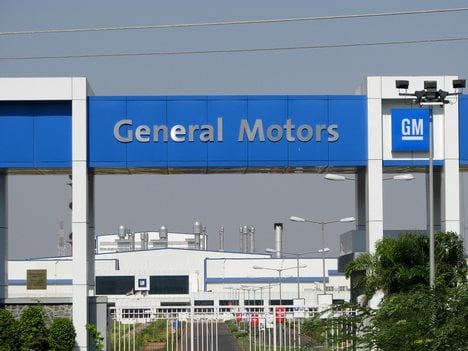
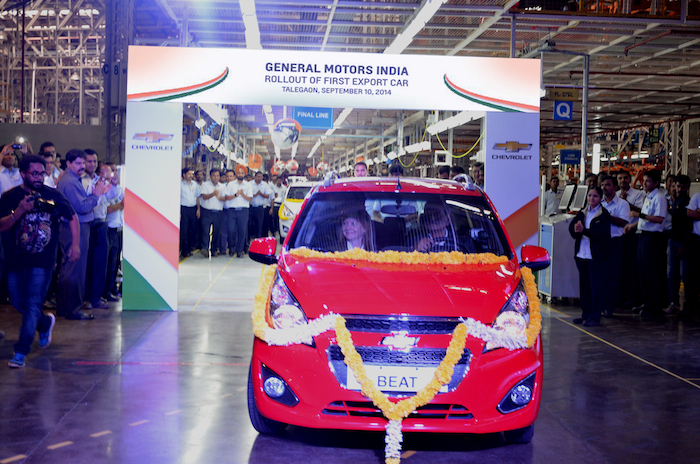
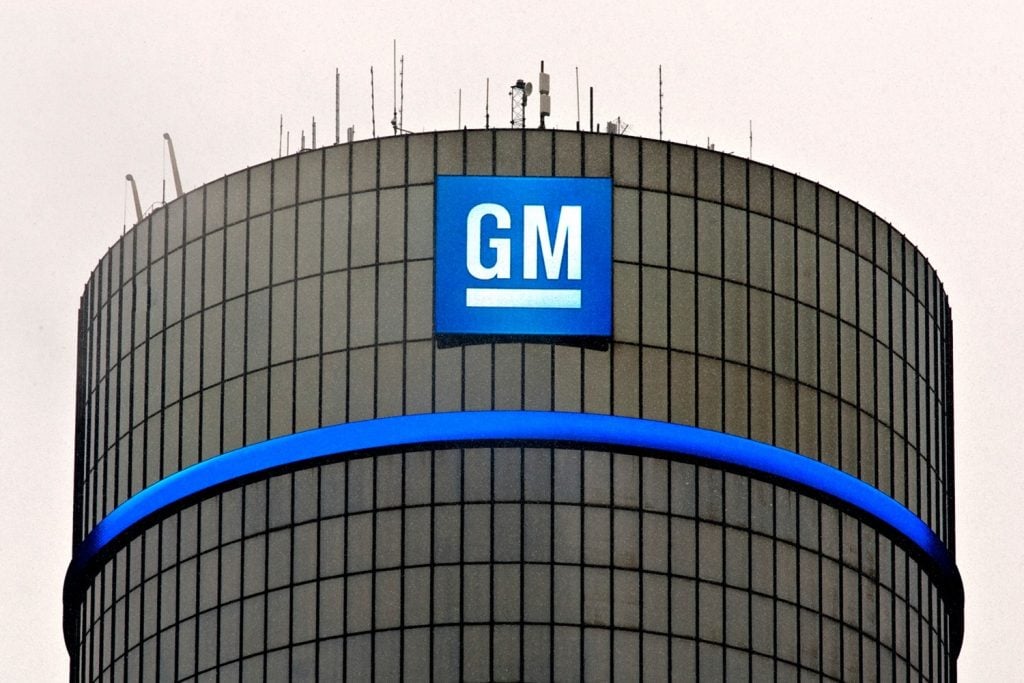
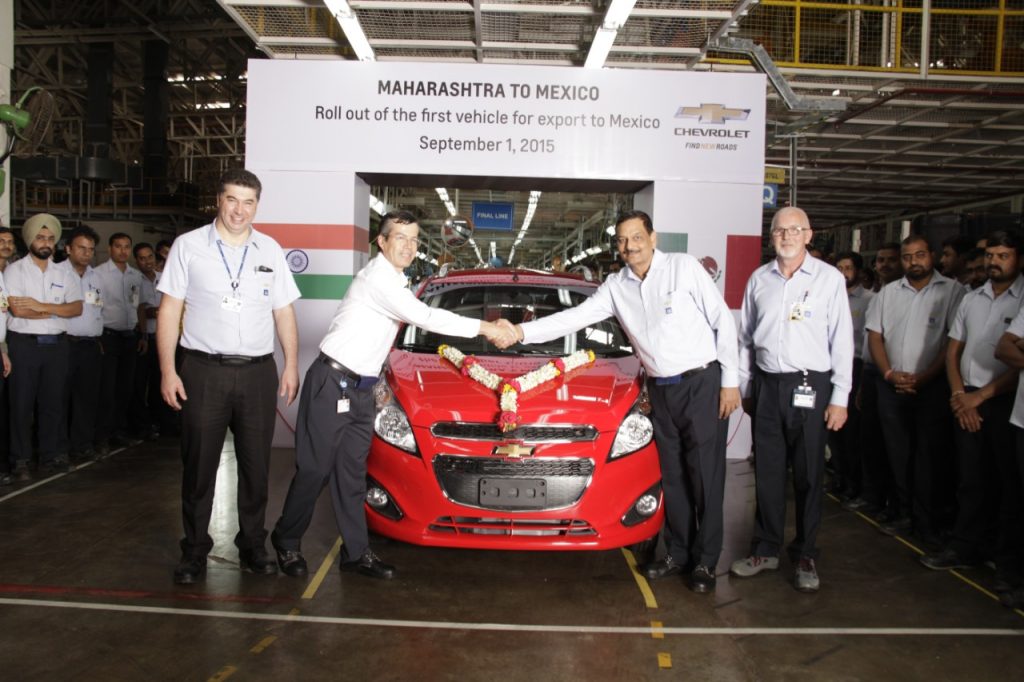

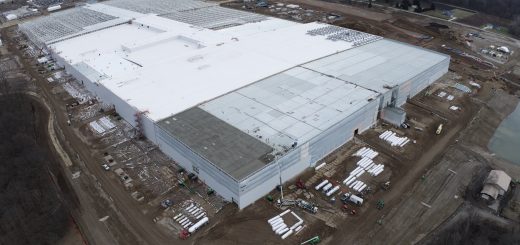

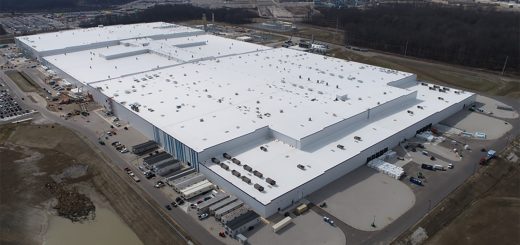









Comments
Reap What You Sow, Barra
Job security doesn’t exist anywhere. Get over it unions! Stick to fair pay, benefits, and working conditions.
This is a clear sign that GM must bring CHEVROLET back to INDIA
ADAIT KHADGI
Or GM could just stop paying it’s former Indian workers.
It’s a clear sign of a labor union and government trying to tell a business what it can or cannot do. They should be able to close the plant if they want, period.
Joe D is missing the important point:
GM does not want to close the plant, but to sell it to another company (Great Wall of China, in this case), but without the living inventory, i.e. the workers.
And the workers say that they are the important part of the plant, because they create the value.
Apparently Great Wall (resp. her mother company) doesnt want all those 1500 workers which had worked for GM all those years, but wants to select, and maybe with lower wages.
I missed no point but you did. If they want to close or sell the plant they should be able to do so without any obligation to make sure the buyer employs all or any of the workers.
No, flatly no.
The bosses should not be allowed to fire all workers, and then continue to produce with other workers, or the same recruited again for lower wages.
No, we have all right to prevent this happening.
BESIDES:
The plant is not to be closed and torn down, and is not sold as the naked building, but with machinery in it, with equipment, and this should include also the workers.
This is one way to defend our living standard.
Because just maybe, the new company can’t afford to pay the same wages and benefits. And now 1500 people just won’t have a job.
If the company that buys it can’t make a profit on their products paying the same wage as GM then it’s not going to happen. Don’t know how you figure otherwise.
Sure, but that is not the problem of the workers. Why should the workers suffer, just because the capitalist is not able to sell a profitable product?
Where is the company going to find the money to continue to hire workers if they aren’t making a profit?
A boss who is not able to pay his workers is a bad businessman. His problem, not ours.
As I see it, the issue is not, as the GM statement says, TO “require any company to remain in operation when there is no work to be done”, but that the 1500 or so workers want Great Wall to enter in their labor contracts, which are then transferred unchanged from one operator of the same factory to the next.
This makes me think of the German law on renting apartments, which stipulates that the buyer of an apartment building takes over the rent contracts unchanged from the previous owner (which enables me to have the 6th owner as landlord in my rental contract). :-))
I just don’t understand why GM is pulling from India. That’s dump
I just don’t understand why GM is pulling from India. That’s dump.
Dumb not dump.
This is stupid. The state is building a bad reputation. A company makes decision based on corporate direction, which most of the times have concerned about societal effects. The state and the workers demand too much sometimes, it is an employer and employee relation; not a parental relation.